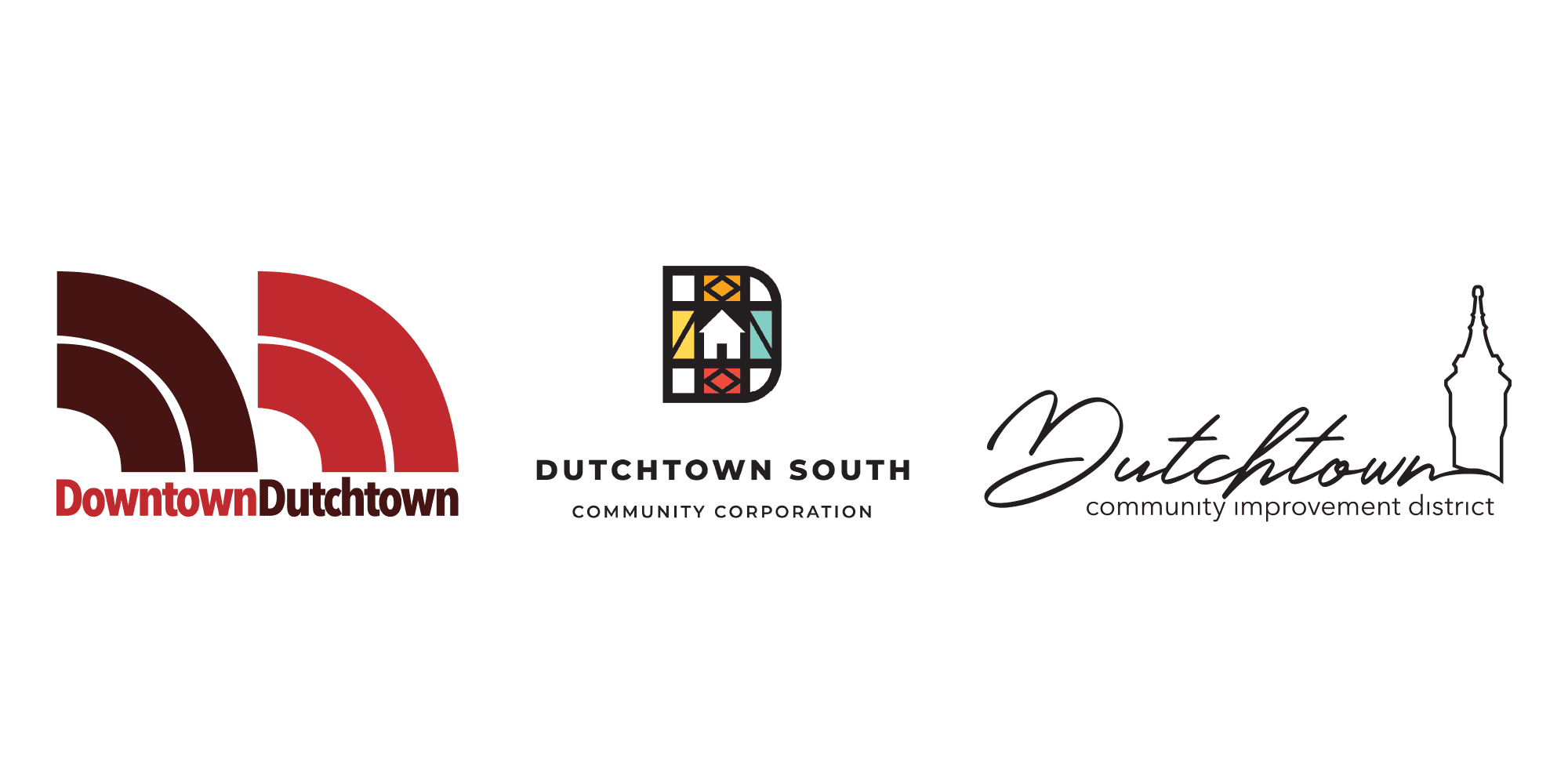
Experts studying COVID-19 have already come to the conclusion that the disease is particularly dangerous for individuals with pre-existing conditions. In America, this means the existing health inequalities affecting minorities and our poorer neighbors puts them at a greatest risk for the worst of COVID-19. This holds true in St. Louis, where as of last Friday all those who had died from COVID-19 in the city were Black residents. These same effects will likely hold true in Dutchtown, which is predominantly Black, densely populated, and has high childhood poverty rates which function as a determinant for adverse health effects.
Recently, the heads of Downtown Dutchtown, the Dutchtown Community Improvement District, and Dutchtown South Community Corporation gathered with other community stakeholders to discuss the unique challenges Dutchtown faces during this pandemic. A letter was sent to Mayor Lyda Krewson, Department of Health Director Dr. Fredrick Echols, and the Missouri Foundation for Health to ask about the plan for providing assistance targeted to Dutchtown’s vulnerable populations.
We hope to update our neighbors here on DutchtownSTL.org when city leaders provide a response. Until then we encourage everyone in Dutchtown, whether they are particularly vulnerable to COVID-19 or simply looking out for the best interest of their neighbors, to reach out to the City and Department of Health with questions about the resources being brought to our community.
The text of the letter is below. A PDF version is also available.
April 8th, 2020
Responding to COVID-19 in Dutchtown
Mayor Krewson, Dr. Echols and Missouri Foundation for Health,
Members of the Dutchtown community, in particular those working on community building through various local organizations, have raised concerns regarding the city’s targeted response to COVID-19. As of early April, case counts suggest that portions of Dutchtown including 63116 and 63118 are seeing higher than average instances of the disease compared to other zip codes in the southern half of the city.
While these numbers are likely directly related to population and density, we also know that the demographics of this portion of southeast city demonstrate higher than average percentages of impoverished and minority residents. Further, this city’s racial health disparities are well documented and affect these Dutchtown populations daily. Consequently, there is no question that our past and current inequalities in Dutchtown will magnify the health and economic effects COVID-19 has on our most vulnerable neighbors.
With what data is available nationwide, analysis and reporting is making clear that there is an obvious trend showing the virus hits predominantly black communities particularly hard. With this in mind, Downtown Dutchtown, Dutchtown South Community Corporation, and the Dutchtown Community Improvement District are requesting a response from the city to outline how COVID-19 will be addressed in Dutchtown specifically.
Further, we are requesting immediate assistance to help flatten the curve of COVID-19 in our neighborhood in the form of hand sanitizing and/or handwashing stations at major public transportation intersections and inclusion in the city’s current health outreach effort, coordinated by the Health Department and funded in part by the Missouri Foundation for Health in our community.
We look forward to working with these partners to communicate your response to Dutchtown neighbors via www.DutchtownSTL.org and to help implement strategies to mitigate the oversized effect of COVID-19 on our neighbors.
Sincerely,
Nate Lindsey, DT2, President
Amanda Colón-Smith, DSCC, Executive Director
Ashley Raineri, Dutchtown CID, Chair